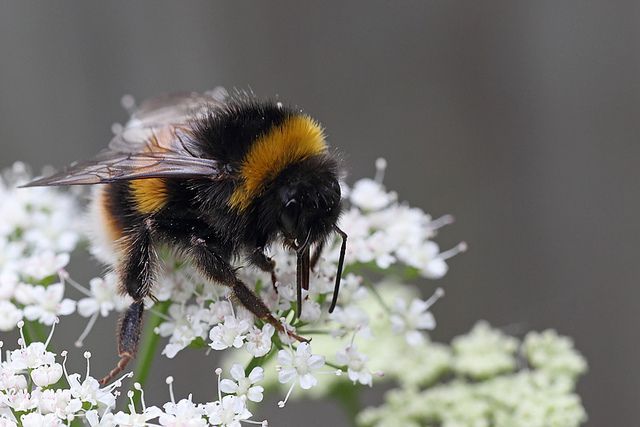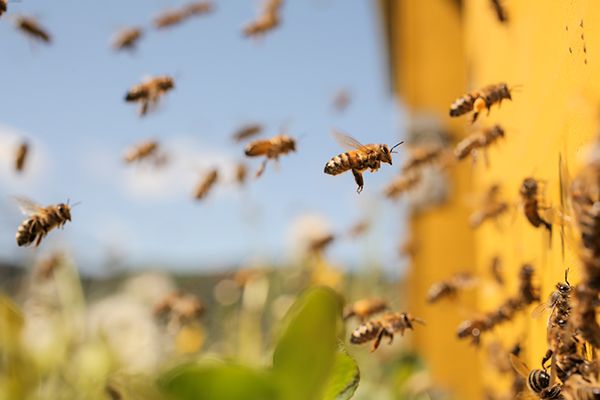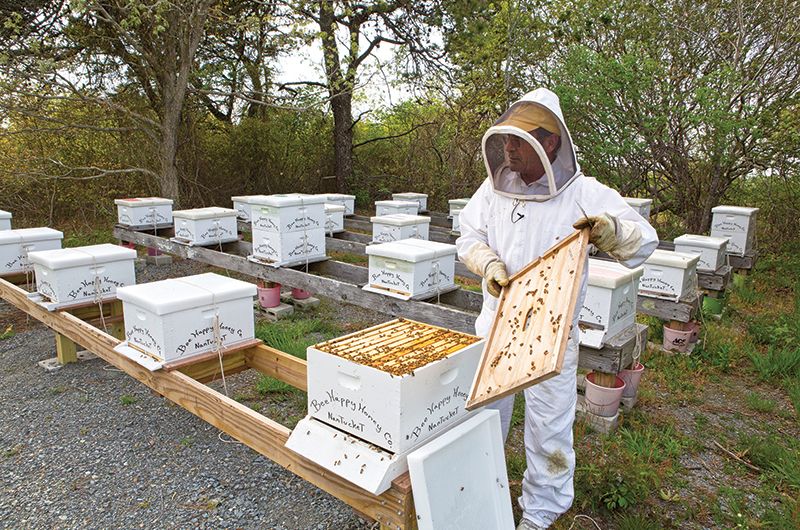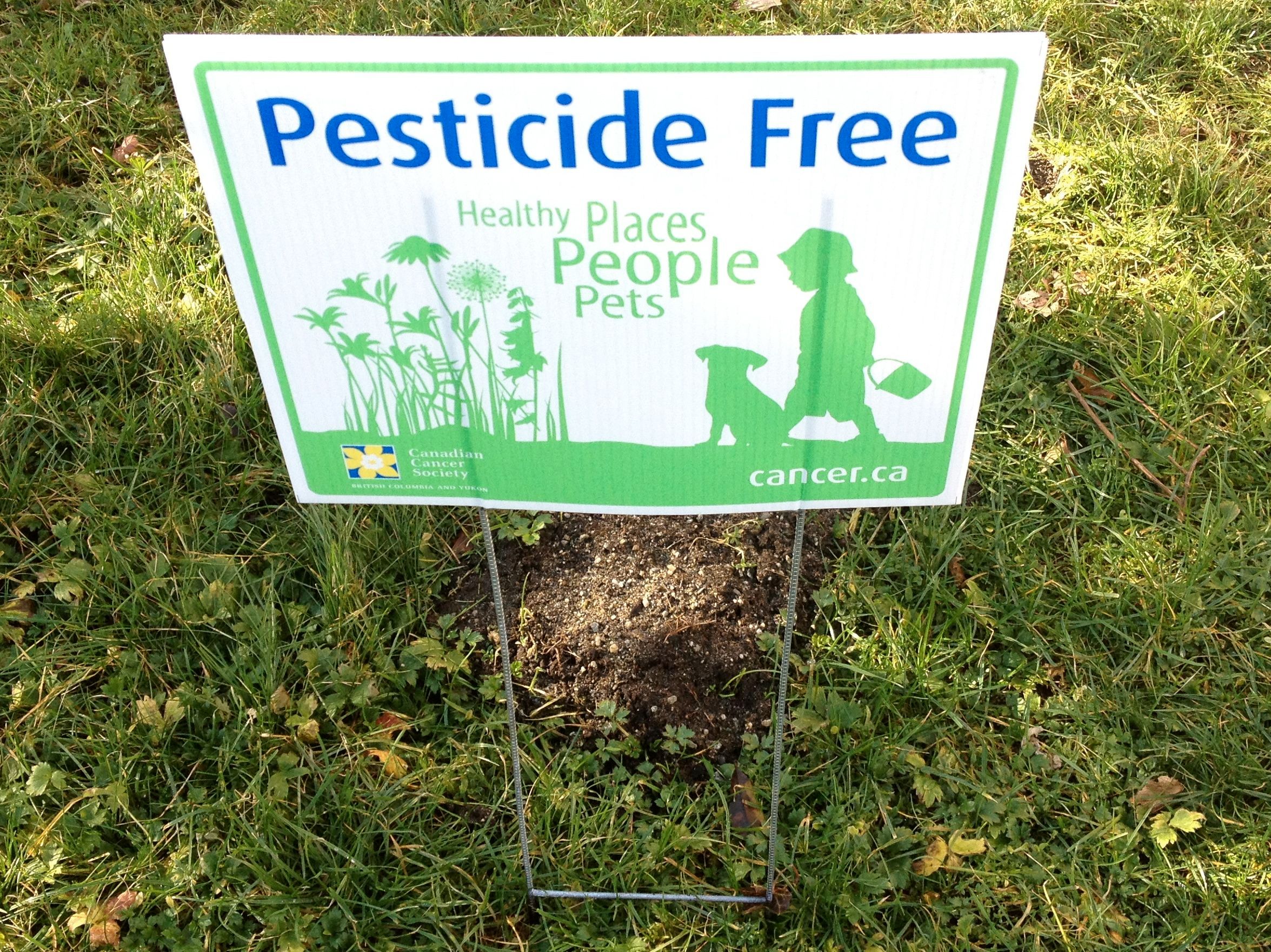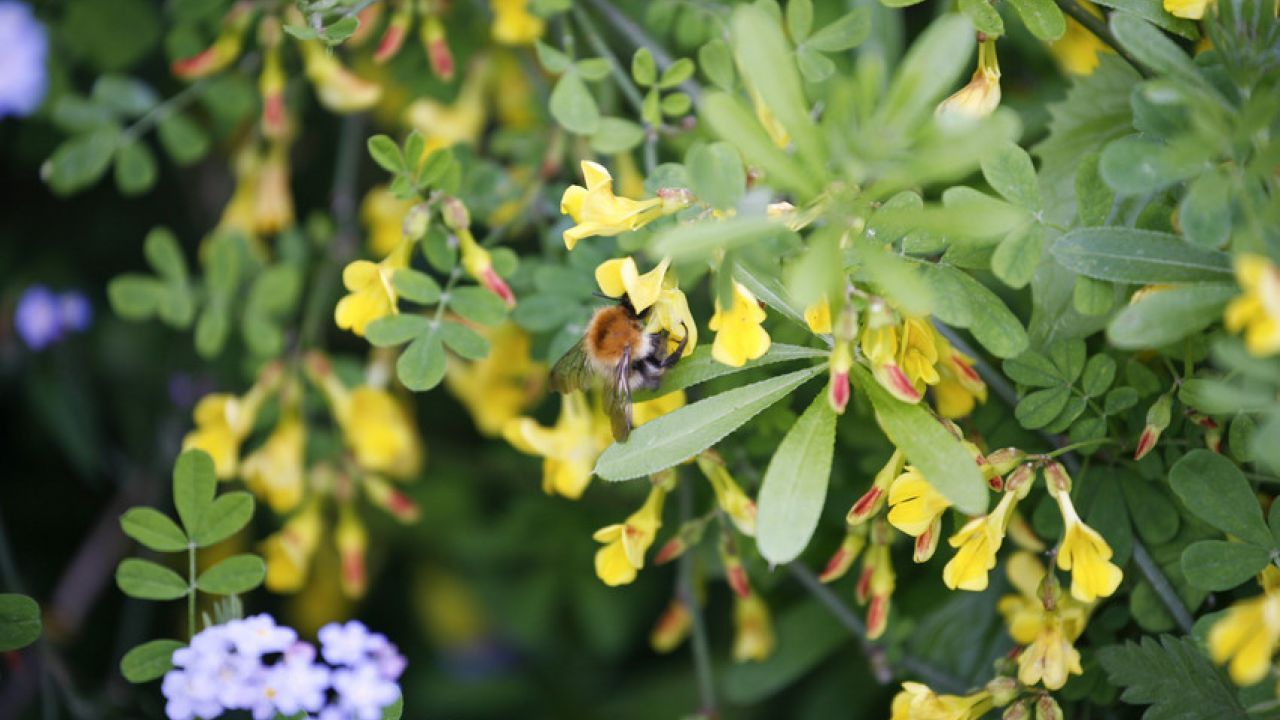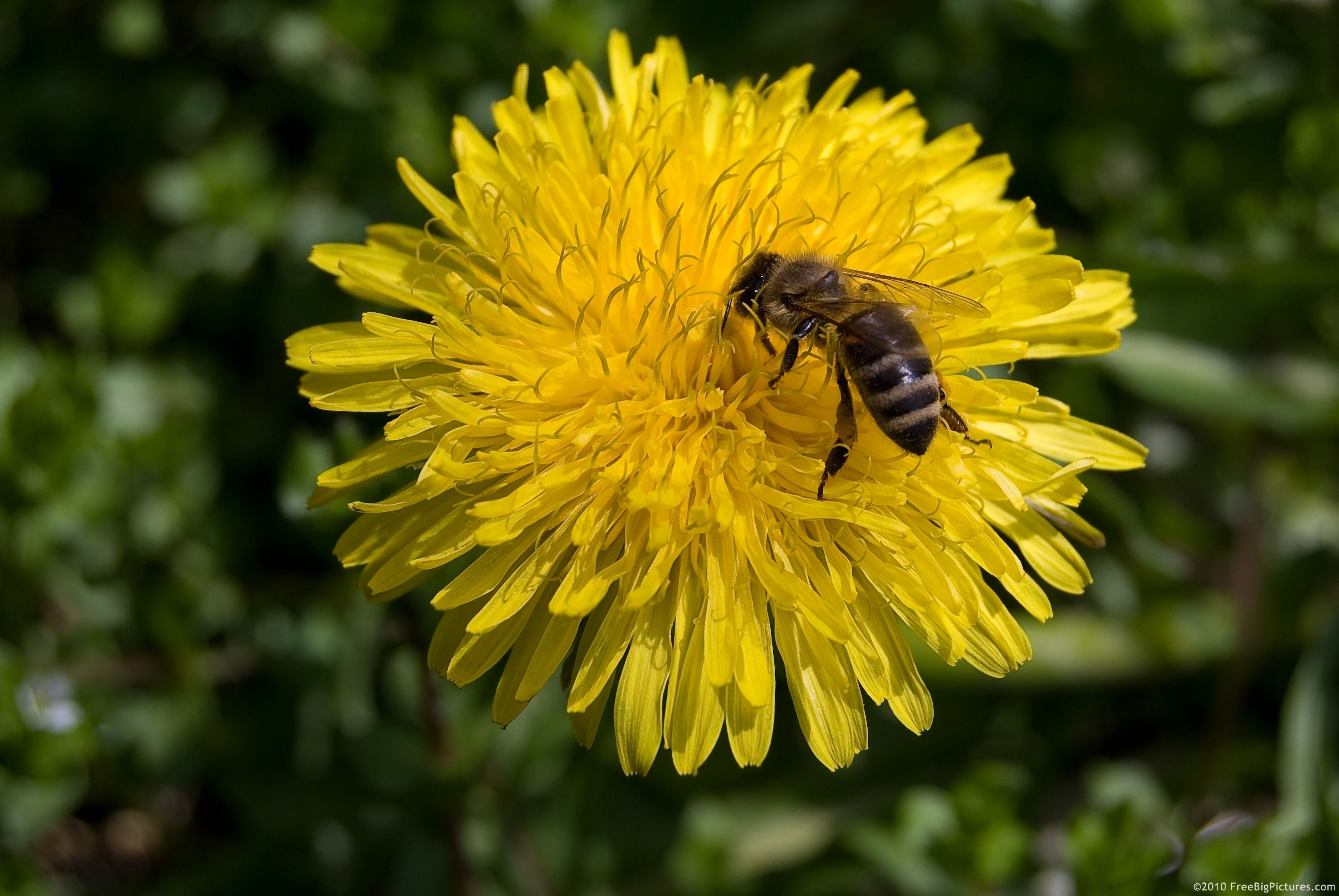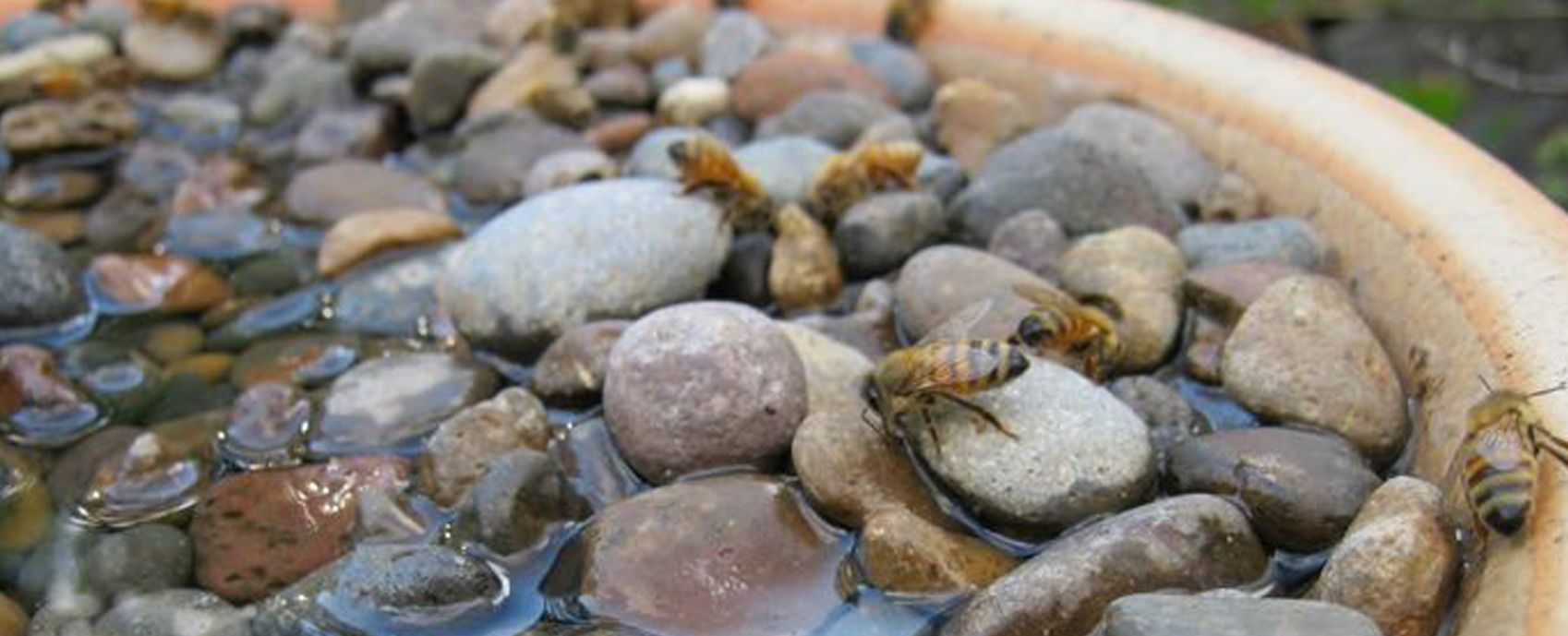Correction: An earlier version of this article mistakenly said David Attenborough supported feeding bees sugar water. He does not support that action. While sugar water might give bees a momentary buzz, it's nectar that they need to live.
We're committed to bringing you only the most accurate and truthful stories from around the world which is why we are issuing this correction. You can read about what we're doing to make sure that happens here.
This summer, there has been a big movement to save the bees.
These pollinators are responsible for feeding 90% of the world's population, so it's in our best interest to protect them before they go extinct.
After learning that their population is dropping at a dramatic rate, dozens of articles circulated on the internet urging people to feed exhausted bees.
One particular article that went viral was urging people to put a spoonful of water and sugar in their backyard to give tired bees energy.
This post was shared thousands of times on various news outlets, and we all believed it.
In our heads, it made sense, especially because we thought these words of advice were coming from Planet Earth host David Attenborough.
Fake News That Duped Us All
The fake post, which went viral in early June, suggested to mix "two tablespoons of white, granulated sugar with one tablespoon of water, and place on a spoon for the bee to reach."
Everyone started sharing the post when it suggested that humans would have just "four years left to live" if we don't act now.
A little over a month later, BBC asked Facebook to remove all similar posts, calling it fake news.
Not only did someone play themselves to be the worldwide sensation, David Attenborough, but some people suggest that feeding bees this mixture is not a good idea.
"It's a nice thing to do and it makes people feel good about themselves," said a spokesperson, "But it's only a short term solution for a bee. You're giving it a sugar buzz, but what they really need is nectar."
According to The Telegraph, some experts fear people might be too generous with their sugar offering, which can harm the bee's straw-like tongue.
"Sugared water should never be left out and only used as an emergency. The solution should not be strong and never use honey," a spokesperson added.
How You Can Actually Help The Bees
The New York Bee Sanctuary has 5 great tips on how you can protect bees and other wild pollinators.
1. Buy local honey
Raw honey is your best bet, compared to honey sold in bulk.
Supporting local beekeepers means that you're likely buying from someone who has sustainable beekeeping practices.
2. Stop using pesticides
Any kind of pesticide, herbicide, and fungicide is detrimental to animals and insects that visit your garden.
Of course, that's the whole point of them, but you're also killing essential pollinators, like bees.
If you don't spray your garden with these chemicals, make sure the plants you buy have not been treated with pesticides.
3. Plant bee-friendly plants
Native bee-friendly plants provide the right nectar and pollen for our pollinators to keep them strong and healthy.
Talk to your local beekeeper on the best plants to grow in your area.
4. Don't pull out all your weeds
Weeding your garden means you're stripping a good chunk of a bee's food supply.
Weeds, like dandelions, are a bee's favorite in the early spring.
5. Make a water basin for them
Since we don't want to risk a tired bee's well-being by leaving out a spoonful of sugar and water, we can hydrate them by leaving out a small water basin in our backyard.
This is great on a hot summer's day. Make sure the basin is shallow and has a lot of stones in it to prevent the bees from drowning.
It's time we destroy the sugar water myth and take care of our bees the right way.
[H/T: Telegraph / NY Bee Sanctuary]
